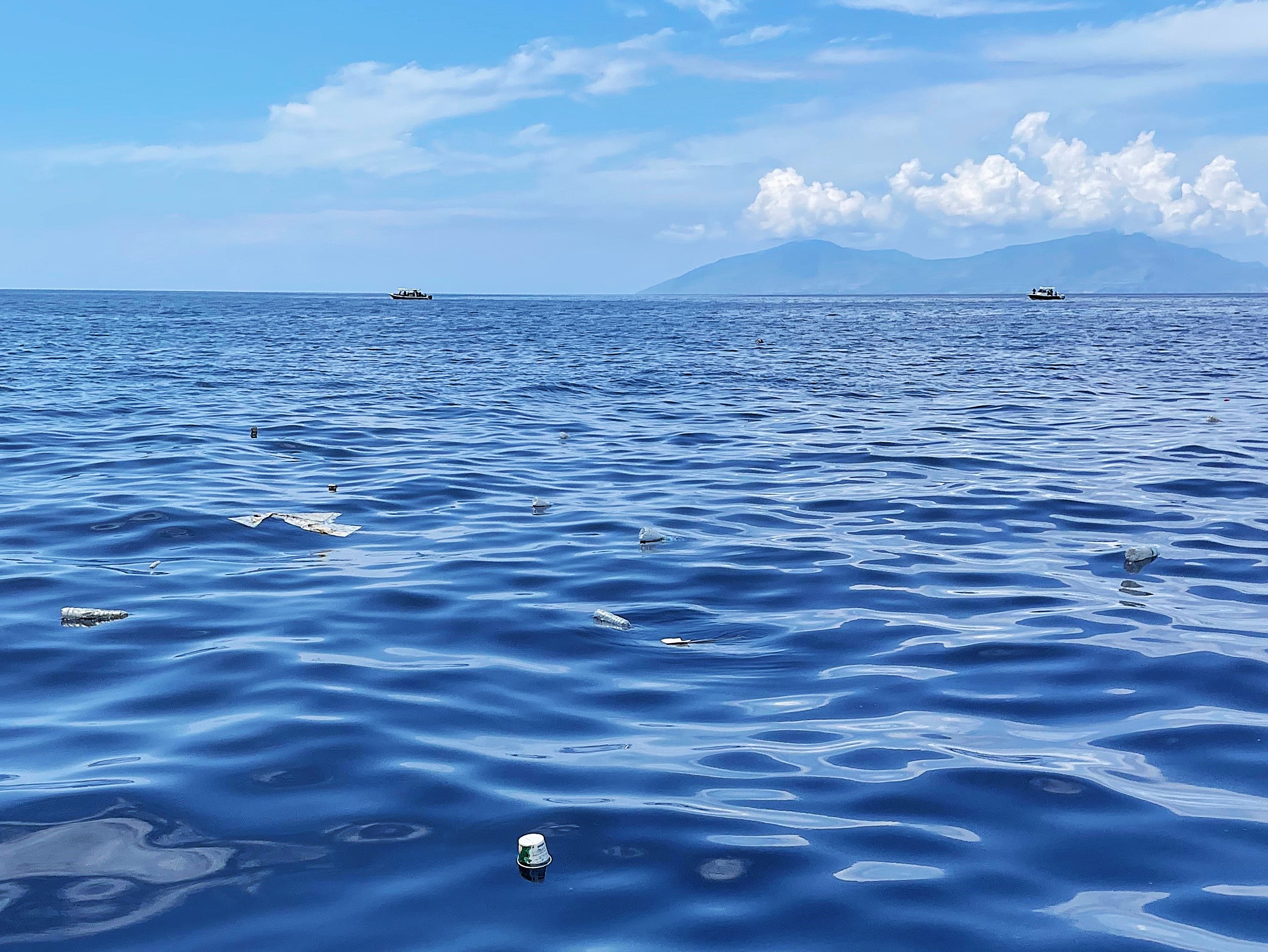To turn Dili into a beautiful city
2024.11.26
JICA Timor-Leste Chief Representative
Mimpei Ito
No one would probably be happy if his or her house was littered with garbage. Used tissue paper, food waste, candy wrappers, empty cans, plastic bottles, and so on, we generate various kinds of garbage in our daily lives, and we probably have the habit of throwing them into the garbage bin at home, more or less. This is true not only in Japan but also in Timor-Leste.
However, once you step out of your house, it is a different story. In Japan, there is a history of a certain consensus in society not to litter, but this is not the case in Timor-Leste yet. I often see people throwing waste while walking, riding motorcycle, or even from a car, with no hesitation in Dili. It is strange to think that people would litter outside of their houses while they properly dispose of garbage in their own garbage cans at home. Even though it is outside their homes, it is the city they live in. It should not be dirty.
How beautiful (or dirty) is the city of Dili compared to other countries? I cannot quantify the beauty of the city, but from my own experience in dealing with urban waste problems in various developing countries, I would say that it is a little on the dirtier side than average. The Municipal Authority of Dili provides a regular city cleaning service, and the amount of waste scattered in the city stays at a certain level without accumulating. However, on weekends, the beach and the area near the garbage collection point can hardly be described as clean. It is also not uncommon to see plastic bottles discarded in a messy manner in vacant lots.
While the beauty (or dirtiness) of a city cannot be quantified, it is meaningful to look at the “waste collection rate” as a similar index. In general, it is said that the waste collection rate increases as the income level of a city rises. The JICA Timor-Leste office recently conducted a waste survey in Dili. The latest data shows that the waste collection rate in Dili is about 60%. Of the more than 300 tons of waste generated daily, about 185 tons are collected, and the remaining less than 40%, or more than 100 tons, are not collected, which accumulates in open areas and on beaches, and some of it is washed out to sea during heavy rains.
.jpg)
I was on a whale-watching boat the other day, and as it was the day after the rain, there was quite a bit of waste washed out to sea around Dili (see photo).


The beautiful sea is one of Timor-Leste's strong points, but this situation not good for it. The government of Timor-Leste hopes to promote tourism in order to diversify its industry, but the waste problem is a matter of life and death. No tourists will come to a dirty sea.
By the way, the waste study also projects the future volume of waste generated. There are several assumptions, but it is expected to exceed 500 tons per day by 2040 and 600 tons per day by 2048, or double the current amount. Even in current Dili, where 300 tons of waste is generated every day, the city is not exactly beautiful, but if the amount of waste doubles, Dili could become a “garbage city”.
So what can be done about it? The Municipal Authority of Dili, in cooperation with the government of Timor-Leste, is introducing an efficient waste collection system this year. The waste that used to be scattered at waste collection points is now being consolidated in large waste bins and efficiently collected by packer trucks. If the collection efficiency improves, the collection area can be expanded, and the waste collection rate is expected to increase as well. However, citizens' trash littering in the city must stop soon. This is a problem in the city of Dili, where everyone of you lives in. You are living in Dili, just the same way as you are living in your home. We just need to do the same thing we always do at home: throw garbage in the garbage bin, and not litter wherever you want. The whole society must promote it. Elementary school teachers, church pastors, marketplace workers, private shop owners, politicians, soccer players, mothers, fathers, kids, etc., all must be aware of this and clean up their homes, and the city. It is a problem that can really be solved if each one of us takes action. Some countries have introduced fines for littering. If people really need fines, they should introduce them, but I am sure they would not be happy about it. The people of Timor-Leste have strong family ties and close friendships, and they have kind hearts that are considerate of each other. Because they are such people, they should be able to act with consideration for their friends and family even without a fine. Society can be changed by simple actions such as throwing garbage in the trash (not littering), and the time has come to change.
scroll